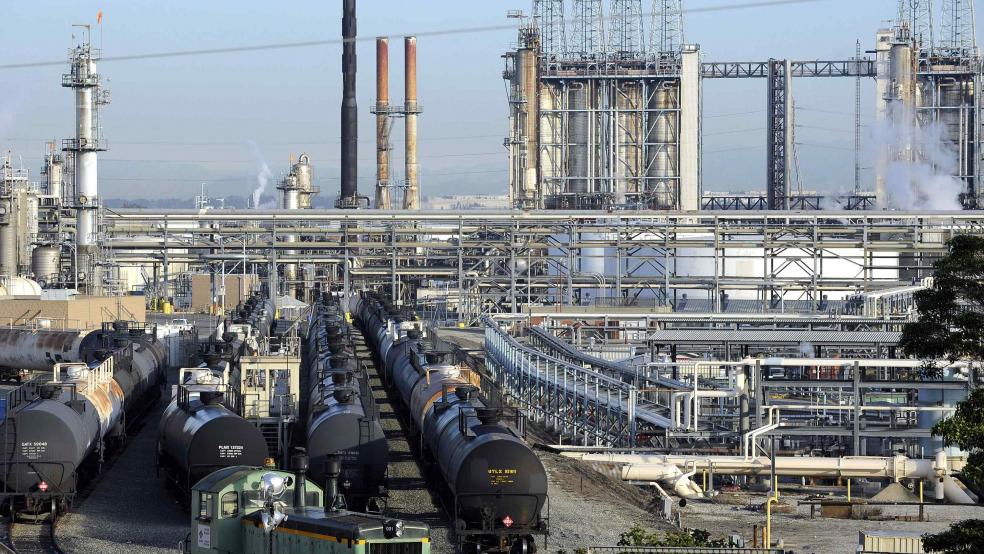The United Steelworkers union (USW) said in a message to members and news media including Reuters that the latest proposal from lead oil company negotiator Royal Dutch Shell Plc failed to improve safety at refineries and chemical plants in an "enforceable way."
The union also told workers not on strike to be prepared to walk out in the coming days."New offer fails to improve safety in enforceable way," the USW said in the text message. "All units instructed to reject and prepare to join (unfair labor practices) strike if called upon. Union at table ready to bargain."A USW spokeswoman confirmed the message, but said the union would have no further comment.A Shell spokesman said the two sides had met on Thursday."We continue to be focused on reaching a mutually satisfactory agreement," said Shell spokesman Ray Fisher. "We remain committed to maintaining safe operations as part of the normal course of business. Out of respect for the bargaining process, we are unable to comment further on today’s activities."Earlier this week, the union's lead negotiator, International Vice President Gary Beevers, told Reuters that safe staffing levels at refineries and chemical plants were a sticking point in the talks.More than 5,000 workers at 11 plants, including nine refineries accounting for 13 percent of U.S. production capacity, remained on strike on Thursday. They are seeking a new three-year contract governing safety and pay.The strike widened on Feb. 6 when workers at two refineries operated by BP Plc were told to walk off their jobs the following day.Only one refinery has shut down due to the strike.Tesoro Corp's 166,000-bpd plant in Martinez, California, was scheduled for a partial shutdown for a planned multi-unit overhaul prior to the strike. Company officials decided to idle the entire plant after the walkout began. Tesoro officials have said production will not resume for the duration of the strike.The USW is seeking a three-year, industrywide pact that would cover 30,000 workers at 63 U.S. refineries that together account for two-thirds of domestic capacity. Companies have called on temporary replacement workers to keep plants running at nearly normal levels. (Reporting by Erwin Seba; Editing by Toni Reinhold)Union rejects contract offer from oil cos in U.S. refinery strike

© Bob Riha Jr / Reuters



